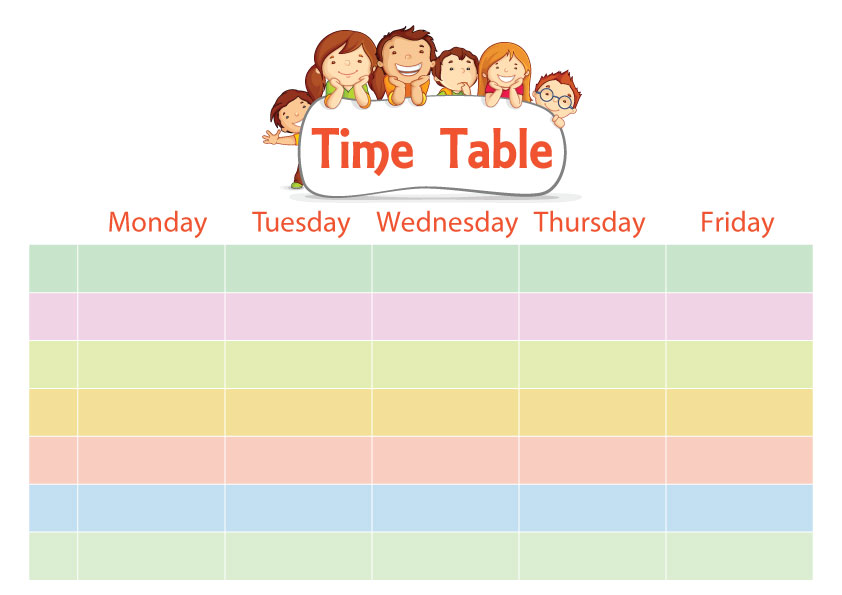Board exams are coming up! These exams bring along stress for free. Here are a few tips for you to deal with stress.
Board exams are coming up! These exams bring along stress for free. When the exam days are near and after the pre-board exams, stress occupies most students’ minds.
Has stress ever worked for anybody who wants to excel and rank top in the exams? ‘NO’.
It’s up to us whether we let stress affect us or we deal with it.
Here are a few tips for you to deal with stress.
1. Setting up Realistic Targets:
You must’ve appeared for the pre-board exams, and you have an idea about the areas you need to focus to score well.
So, now set realistic study targets and hours when you’re setting your own study timetable.

Consider these parameters:
- Your score in the pre-board exams
- Number of days left before the exam
- Number of hours you can dedicate efficiently towards studies
Plan it in such a way that it doesn’t affect your health.
Study each subject for a maximum of 1.5 hours and not more than that. Study the subject which you find tough or boring in small chunks. If following the same timetable makes you feel bored, then alter your timetable when required.
2. Keep Boredom Away:
Studying the subject which you find boring for long hours is definitely going to give you boredom.

If you feel studying is becoming too dull, stop studying.
Relax! Either take a short break or study the subject which interests you.
This will help you to prevent yourself from feeling dull.
When you feel fresh and somewhat energetic, you can revisit the previous subject again!
Reward yourself after you complete studying this ‘So, Boring’ subject!
3. Take Small and Regular Breaks:
Studying for many hours at a stretch has never helped anyone. Our brain requires regular breaks. If you study for long hours continuously, your brain gets tired and its retention power slowly decreases.

You can take 10–15 minute breaks after every two hours.
Use the break to take a stroll, listen to a song, chat with a friend or to simply sleep—a power nap!
When fresh, return to your studies and begin again.
4. Discussion with Friends:
Friend time is essential. Friends are an important part of our lives. Again, it depends on what you discuss with friends.
Do not talk about studies with them. You don’t need to find out about a friend’s progress in studies or how much of the syllabus has been finished. If you compare, then it’ll unnecessarily lead to increased stress for you. Focus on ‘You’. Compare your progress with yourself. See to it you excel in your performance every day.
Rather spend some quality time with friends.
Play together. Listen to songs together. Dance together perhaps. Go for a walk. It definitely helps in relieving stress. Have fun with friends and not the competition!

5. Creating Balance:
Although the exams are near, all your activities have to be balanced. Don’t keep yourself busy with studies all the time. Dedicate an hour a day in doing your favourite things. For some, it might be chatting with friends, parents or grandparents, watching a movie, playing with your pet, or training in a sport you may have stopped because of the exams.
Doing what you like every day will keep your mind fresh. You can then concentrate on your studies well.

6. Talk about What you Feel:
If you’re really feeling weighed down because of stress (or as some say ‘tension’), then talk to your parents or siblings. This will help you to eliminate stress while studying.
7. Eat Properly:
Many of us have a habit of skipping meals when the exams are near. Eating on time is as important as studying. Our body requires energy which we get from food.

If you don’t eat, then your body will be deprived of energy and you won’t be able to focus on studies. In such cases, students often start feeling weak or, even worse, they fall sick at exam time.
Avoid skipping meals. Eat your meals in small portions at regular intervals. Include lot of fruits and vegetables in your diet. Say bye to junk foods, fried items until your exams are over! Drink plenty of water!
8. Don’t Compromise on Sleep:
Many think they have 24 hours in a day to study. You are wrong. When you sleep less, you don’t feel fresh. It reduces your grasping capacity and the speed of studying.

Spare 7−8 hours to get adequate sleep. You can use the remaining 16 hours at your best!
9. Stay Positive – Meditation:
The KING of all the remedies!
Meditating can help keep you stress-free to a great extent. Spend at least 5−10 minutes for meditation. When we’re stressed, we tend to breathe shallow and we breathe very fast. This doesn’t help our body.
When you meditate, you focus on breathing. You tend think about all good things.

This makes breathing deep and slow. This helps you be calm, more relaxed and positive.
Start following these steps from today, and you’ll see a progressive change in you.
All the Best!
Previous

Get Set to Ace your CBSE Class XII Business Studies Exam
Next
Study Smart for your CBSE Commerce Board Exams















